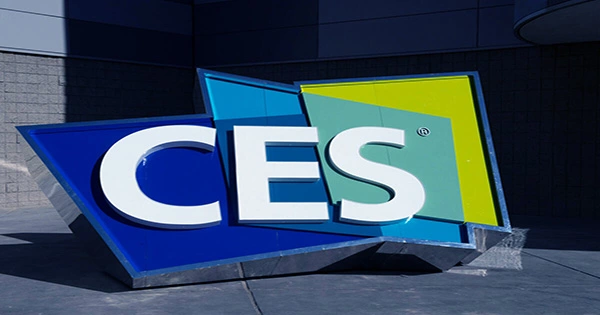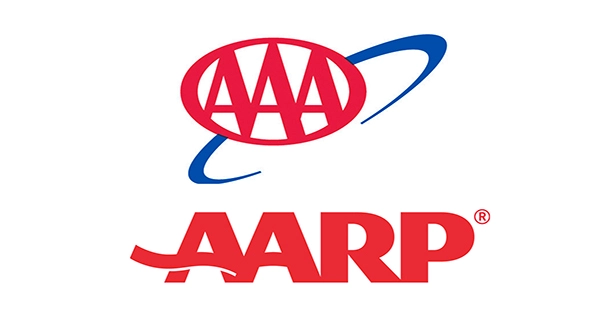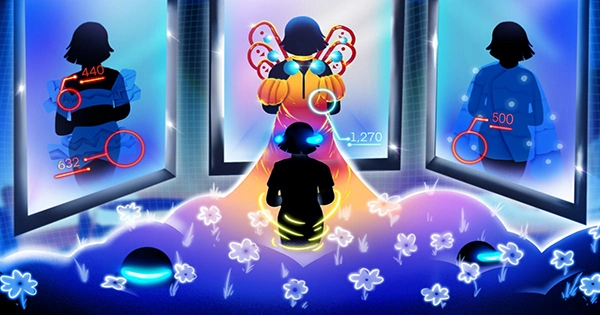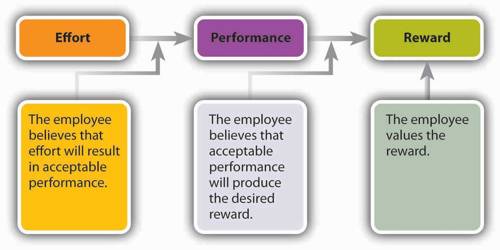When young (or youngish) individuals think about elder technology, they may envision mostly healthcare solutions, such as telemedicine platforms. Growing older, on the other hand, is more than just a physical process. Isolation, for example, is a major concern for the elderly, particularly during a pandemic. In addition, in addition to planning estates and wills, older people must still manage their daily routines and money. In their CES virtual presentation, AARP Innovation Labs, the incubation program, emphasizes the many sides of aging with a list of entrepreneurs grouped into five categories: community, clinic, wellness, financial services, and housing.
Because of the pandemic’s economic impact, the program includes fintech firms, with an emphasis on three companies that “assist aging people better manage finances and budgets, and successfully plan for the future.” Goalsetter, which founded to teach adolescents and teenagers about money, is now expanding its reach to include savings and investment management tools.

Genivity generates personalized financial estimates based on user’s health and lifestyle behaviors, medical problems, and retirement aspirations, indicating how many years they may need to work before retiring and when they may require extended care. Meanwhile, Trust & Will makes creating guardianship arrangements, wills, and trusts simply for families.
Isolation was a significant issue for older persons even before COVID-19, and the epidemic has exacerbated it. With its selection of “community” enterprises, AARP Innovation addresses this issue. While many people already use video chat apps, Kinoo wants to make the experience even better for families that have senior relatives who live far away. Through Kinoo’s app, children may play games and work on projects with their grandparents and other family members. Gameboard, a tabletop console game, allows family members to spend time together having fun rather than just chatting. Hundreds of games, including role-playing games, are available.
Beeyonder is global marketplaces for live virtual expert-led tours that can assist reduce the boredom of being stuck at home while the pandemic continues. Many of the firms at the AARP incubator focused on aging in place or assisting older people in remaining in their homes rather than moving into a care facility. Three companies focused on personal mobility featured in the “Housing” section.
Camino Robotics is developing “e-rollators,” or smart walkers, that let people walk over slopes and uneven surfaces, stop automatically when traveling downhill, and fold into “compact mode” for navigating tiny spaces. With patent-pending blind spot sensors that warn about obstructions through lights, sounds, and vibrations, Braze Mobility claims it can turn any wheelchair into a smart wheelchair.
Meanwhile, De Oro Devices’ NexStride is a compact device that can mount to canes and walkers that employs auditory and visual cues to help patients with Parkinson’s overcome freezing spells and go on longer journeys. Tellus, on the other hand, is a firm that uses small wall-mounted sensors to detect biometric data such as heart rate, respiration, sleep, and falls from up to five meters away and delivers notifications to caregivers and family members via an app.
Three startups focused on total health and well-being presented by AARP Innovation in the wellness category. Zibrio was one of them, and it was also in the AARP’s CES program last year. Zibrio is a scale that assesses a person’s balance and fall risk as well as their weight. Zibrio’s balance scale, according to the company, can determine whether you are at risk of falling in the next 12 months, and its app then provides individualized care recommendations.
While many individuals use apps like MyFitnessPal or Noom to track their nutrition and activity, Mighty Health was created exclusively for adults over 50. It connects users with a health coach and offers nutrition and workout routines tailored to the needs of senior citizens. The importance of mental health cannot be overstated. Ompractice was founded to assist people who “face geographic, economic, and inclusivity barriers” in gaining access to health, wellness, and mindfulness features collaborating with fitness studios and working with large organizations, such as health systems, to make their services available to users.
















